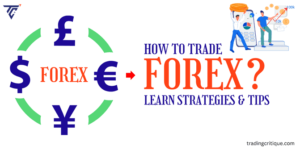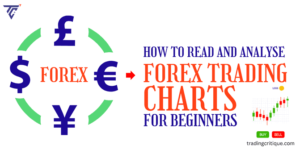Hedge fund development has been a remarkable trip through the financial worlds. Wealthy investors had access to a variety of private investment vehicles during the booming US bull market of the 1920s, and the Graham-Newman Partnership, created by Benjamin Graham and Jerry Newman, rose to prominence among them. In 1949, sociologist Alfred W. Jones introduced the term “hedged fund” and laid the groundwork for the first Hedge fund structure by using Risk Management strategies to navigate market shifts.
The 1969–1970 recessions and the ensuing 1973–1974 stock market crash posed hurdles for Hedge funds, forcing several to close their doors and incurring considerable losses. However, the late 1980s generated resurgence in interest in these funds, paving the way for their further expansion and advancement.
The rise of the stock market, the allure of aligned-interest compensation structures, and the promise of returns above average all contributed to the dramatic growth of Hedge funds in the 1990s. With time, Hedge fund strategies diversified, adding credit arbitrage, distressed debt, fixed income, quantitative, and multi-strategy methods to their repertoire.
The rise of the sector was greatly aided by institutional investors, such as pension and endowment funds, who gave Hedge funds a larger share of their portfolios. Hedge funds had grown in prominence by the early 2000s, and by 2008, it was estimated that they managed $1.93 trillion in assets.
Some Hedge funds faced difficulties as a result of the 2007–2008 financial crises, which resulted in limitations on investor withdrawals and a decrease in assets under Management. However, the sector recovered and by April 2012, the amount of assets managed had reached a record high of $2.13 trillion.
Hedge fund strategies underwent a change in the 2010s as traditional long/short approaches fell out of favor as a result of central bank policies and shifting market dynamics. The number of new fund launches fell when compared to fund closures as the sector grew older and consolidated around larger, more reputable firms.
Hedge funds continued to expand despite several obstacles and changes. By July 2017, they had achieved returns for eight consecutive months, and their assets under Management had reached a record $3.1 trillion, reaffirming their status as major movers in the global economy.











